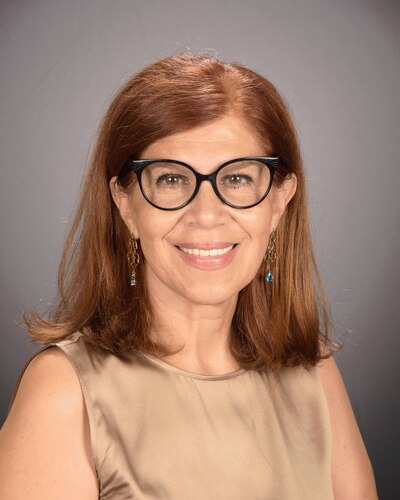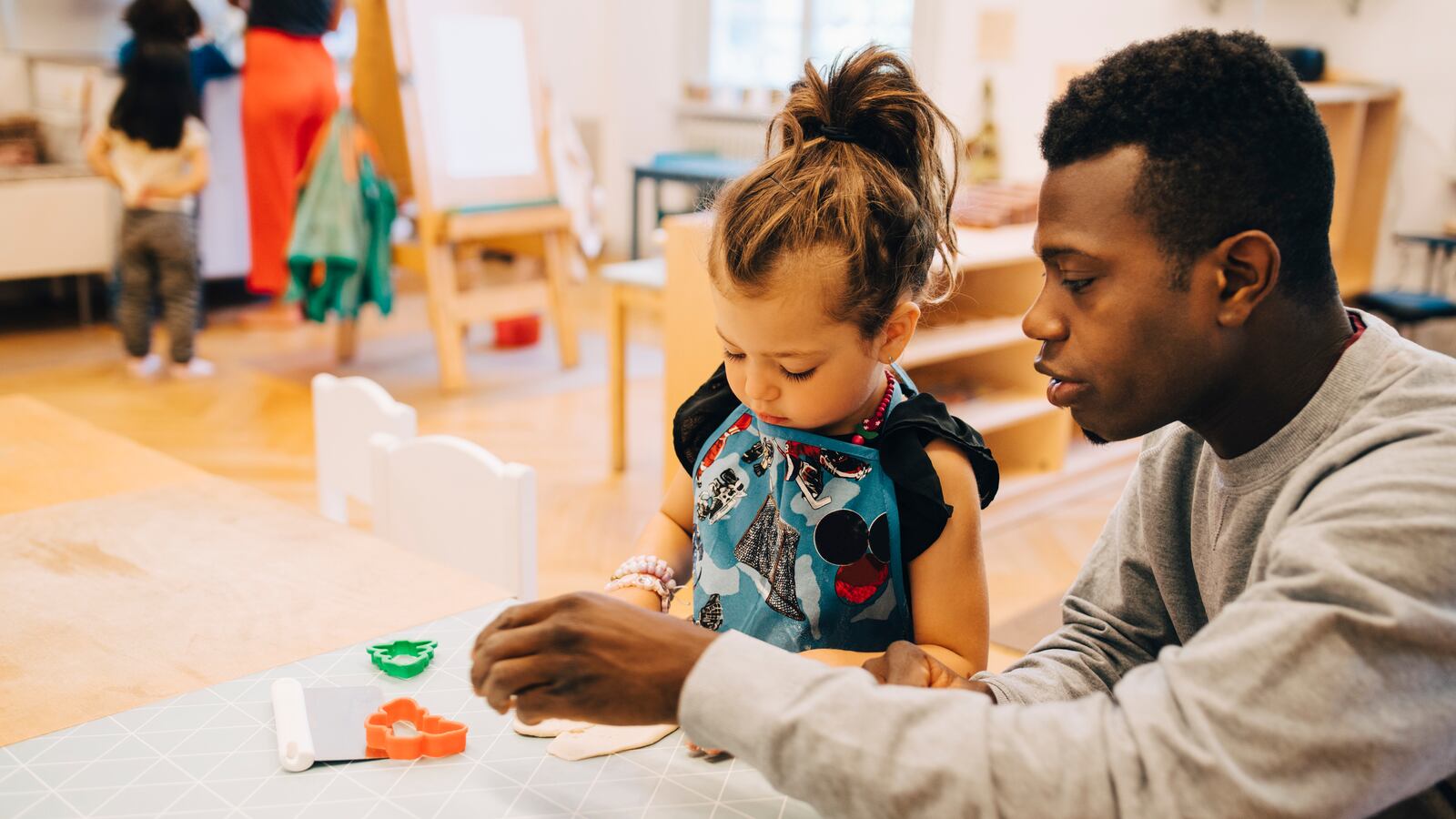In 1994, after earning my master’s degree in early childhood education, I founded Kids Academy Early Learning Center with just one room for 10 children. Today, my center, located in the Chicago suburb of Morton Grove, has four classrooms where we can care for and educate up to 71 children, ages 6 weeks to 5 years.

After almost 30 years, my passion for caring for the youngest children during the most important years of their growth and development is just as strong as the day I started. But it’s been a long, tough road.
Programs like ours are part of a critical but fragile infrastructure that helps keep families afloat. We care for children who have experienced hardships and trauma. Our teaching staff, with support from experts and in partnership with families, provides a safe place for children to heal. Since the pandemic, we’ve seen higher levels of trauma and challenging behaviors, making access to warm and welcoming spaces even more important. Kids Academy educators are trained in trauma-informed practices.
But child care costs exceed what many families can pay; many parents report financial hardships. One parent in my program moved from a first-floor apartment to a basement-level unit to save $50 a month. She’s not an exception.
And while child care remains a costly necessity for families, programs like ours continue to operate on razor-thin margins. Over the past three decades, I have seen many providers close due to financial challenges and a lack of qualified staff. Kids Academy has survived because of community support, government resources for parents and providers, and the resilience of the Kids Academy teachers.
Why are the economics of providing care so precarious? There are many reasons, including plentiful regulations, the challenge of hiring qualified teachers in a competitive job market and at a time of historic inflation, and the cost of keeping our facilities and equipment clean, safe, and updated. Tuition income often doesn’t cover operating costs, especially at daycare facilities serving low- and middle-income families.
While child care remains a costly necessity for families, programs like ours continue to operate on razor-thin margins.
During the pandemic, our early-learning center was able to keep our doors open thanks to community and government support. St. Luke’s Church, where Kids Academy is located, lowered our rent. Federal COVID relief money was a lifeline. Without these child care stabilization payments, many families — including those doing essential work — would have been left without care for their young children. Reimbursements from the Child Care Assistance Program also helped us stay open.
At the height of COVID, our teachers risked their lives to serve our families. Today, some Kids Academy educators commute an hour or more, all the while fretting over the high cost of gas. I cannot overstate how much I appreciate and admire their strong sense of purpose and the sacrifices they continue to make.
Teachers often share that if they worked somewhere like Amazon, they would earn higher wages while enjoying greater scheduling flexibility. Some early childhood teachers burnout and eventually leave, but others stay put citing their passion for the work and the kids they serve. As dedicated as educators are and as critical as their work is, it’s clear that the funding landscape has to change if we are going to continue to support families.
Here in Illinois, Gov. J.B. Prtizker’s newly announced Smart Start Illinois plan is a roadmap for equity, recruitment, access to quality early child care and education, and higher compensation for those doing this care work. The program is also allocating $100 million for child care facilities, giving centers like ours a chance to improve their spaces.
But we’re not just waiting for early education dollars to appear. As a member of We, the Village coalition, I advocate for families, care providers, and other early childhood professionals. We seek adequate, reliable, and steady funding for child care providers to help them survive and continue as vital parts of our communities. We work together to be a voice for all young children who deserve quality child care, regardless of race or ZIP code.
I have been sustained on this “long, tough road,” thanks to my love for this work, my belief that caring for young children means a better future for them and all of us, and the community and government support — moral and financial — that acknowledges our work as essential.
Azar Khounani is the founder and president of Kids Academy Early Learning Center, a member of We, the Village coalition, and the Director of the Say Yes to Childcare campaign.


